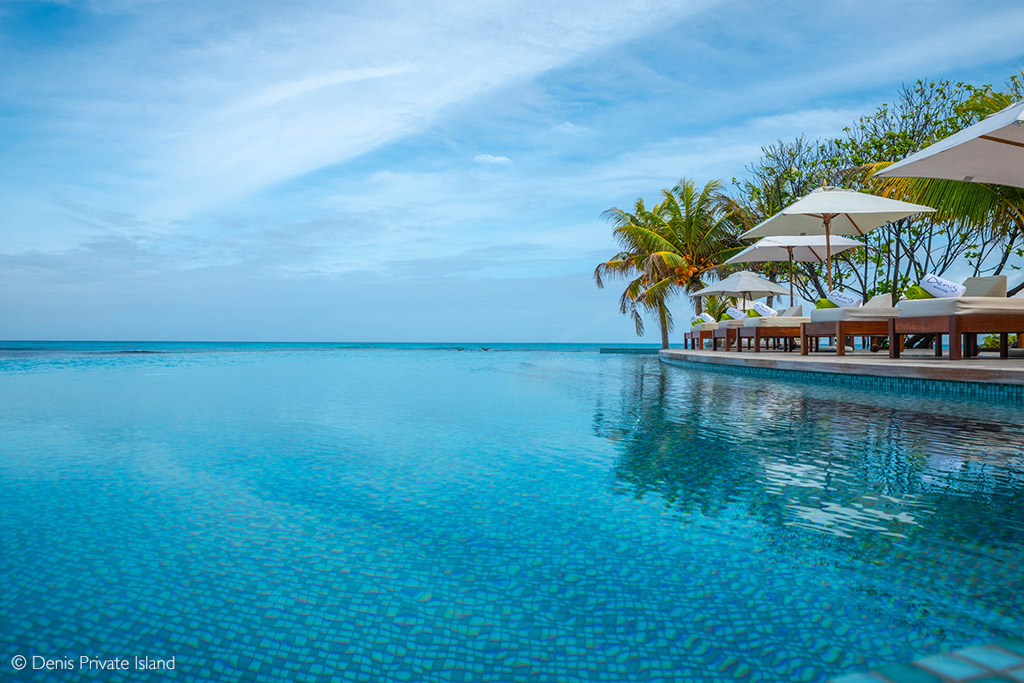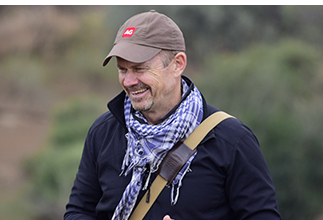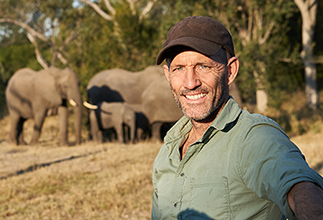
This is a copy of our weekly email newsletter. Subscribe here to receive the newsletter.

It’s surely time for the ENTIRE safari industry to take stock of the sustainability of doing business in our wild areas – the true costs to ecosystems and biodiversity and the genuine benefits for local people. This has to be an honest, transparent process if we are to protect Africa from the ravages of human population growth and the headlong rush to extract every resource as quickly as possible.
So many safari camps and lodges are the LIFEBLOOD of entire regions – without them, we would see a catastrophic reduction in our wild areas. But others seem to believe that sponsoring a local village vegetable garden is nothing short of heroic. As for tour operators and travel agents (AG included) – including many that are hidden from the public eye – how many are involved in long term, genuine conservation activities?
The core message from Michael Schwartz’ exceptionally well-written and BRAVE opinion post below feeds this thought process. Are we all exaggerating the benefits and ignoring the true costs of what we do?
Keep the passion

Simon Espley – CEO, Africa Geographic
From our Editor-in-Chief

Spring has sprung, the weavers are building, the blossoms are, well, blossoming. For the dryer areas, a few months of expectantly looking at the sky await as the heat builds to a crescendo. It is a special time of the year, but then, every season has its charms.
Renewable power is an essential part of our species’ future, but it doesn’t come without ecological consequences, especially when tacked onto the buffer zone of a premier ecotourism destination. Our first story below examines an industrial-scale wind farm on the borders of South Africa’s Addo Elephant National Park.
Conservation is often unfathomably complex. In our second story below, Michael Shwartz has encapsulated and explained so much of this complexity in a brilliant treatise on our desperate efforts to protect Africa’s last remaining wild areas. Full story for club members only.
While it may seem slightly incongruous to have a story on autumn travel in the spring (our third story below), this is the perfect time for you to think about booking a safari at the end of the southern summer.

Story 1
https://africageographic.com/stories/proposed-wind-farm-in-addo-buffer-zone/
WIND FARM FURORE
Uproar over a proposed wind farm in the Addo Elephant National Park buffer zone.
Story 2
https://africageographic.com/stories/hunting-and-photo-tourism-where-to-from-here/
CONSERVATION CONUNDRUMS
Which of hunting and photo tourism is better for conservation, or are they both failing to deliver? Michael Schwartz asks and answers – club members only
Story 3
https://travel.africageographic.com/when-to-go-on-safari
TIME TO SAFARI
Check out the best African destinations and when to visit them
 TRAVEL DESK UPDATES:
TRAVEL DESK UPDATES:
• Great News: Namibia has extended the negative Covid PCR test requirement to 7 days before arrival – making travel easier. This requirement also applies to vaccinated travellers. Unfortunately, antigen rapid diagnostic test results are not accepted for entry into Namibia.
• While you plan your next epic Namibian safari why not immerse yourself in this live video stream from Ongava Lodge – bordering the spectacular Etosha National Park. Tip: As a club member, you have access to the best rates for Ongava and other camps.
• Now that you are suitably inspired to travel to Africa take a look at the ultimate packing list for your Safari.
To comment on this story: Login (or sign up) to our app here - it's a troll-free safe place 🙂.![]()








